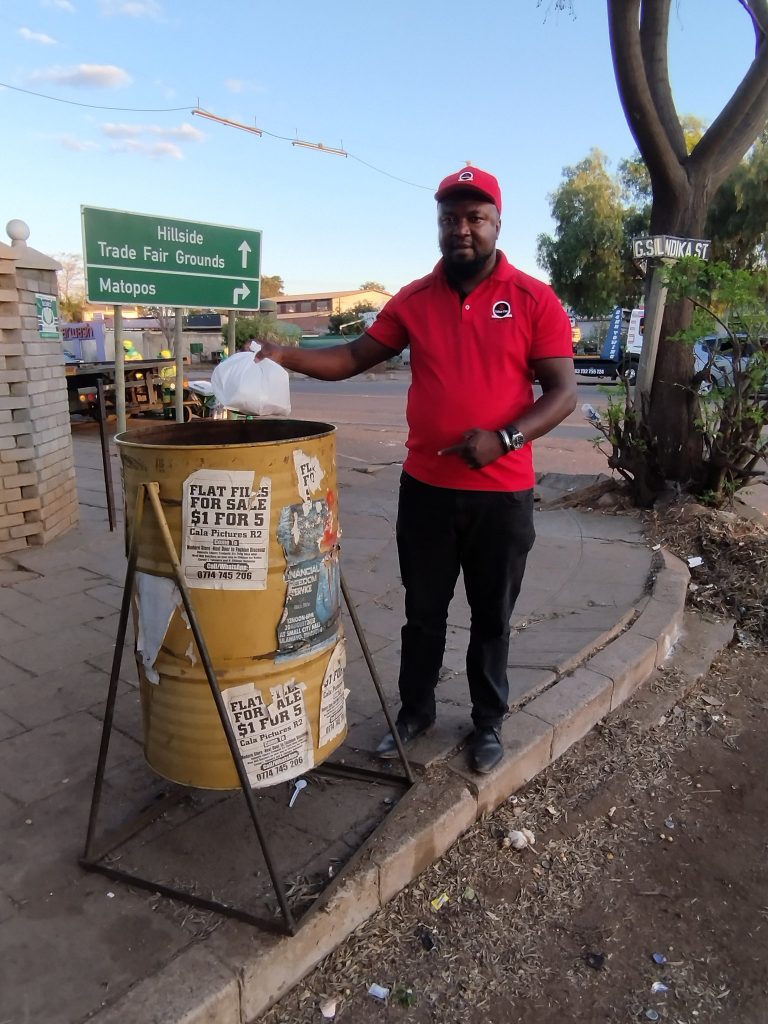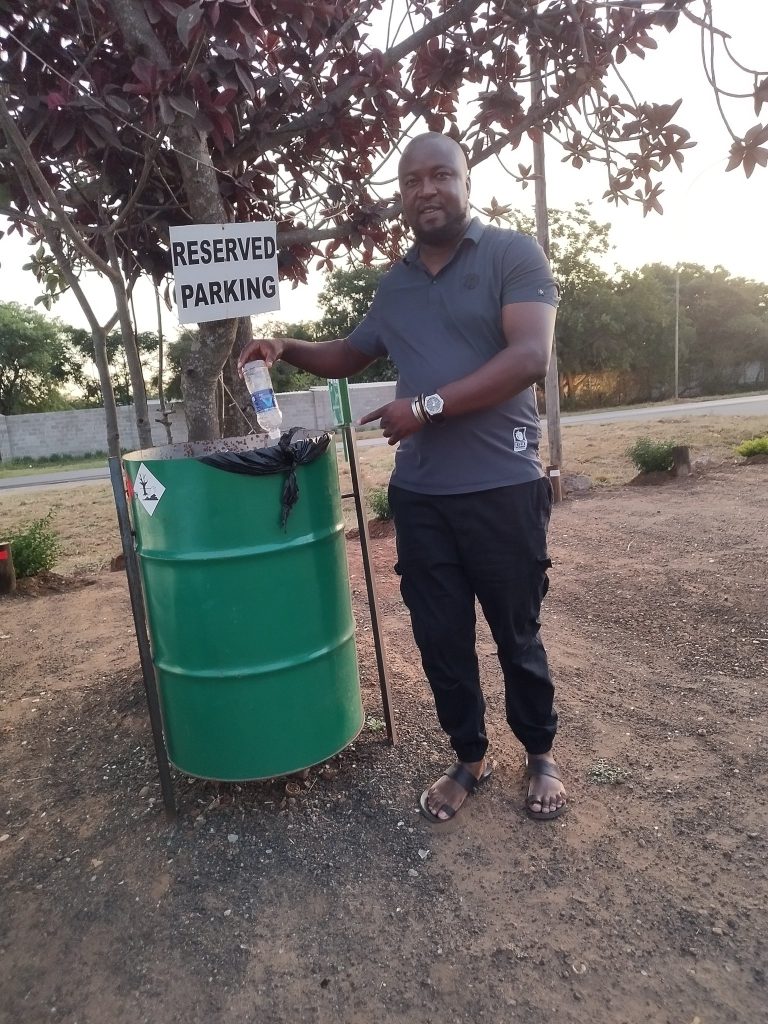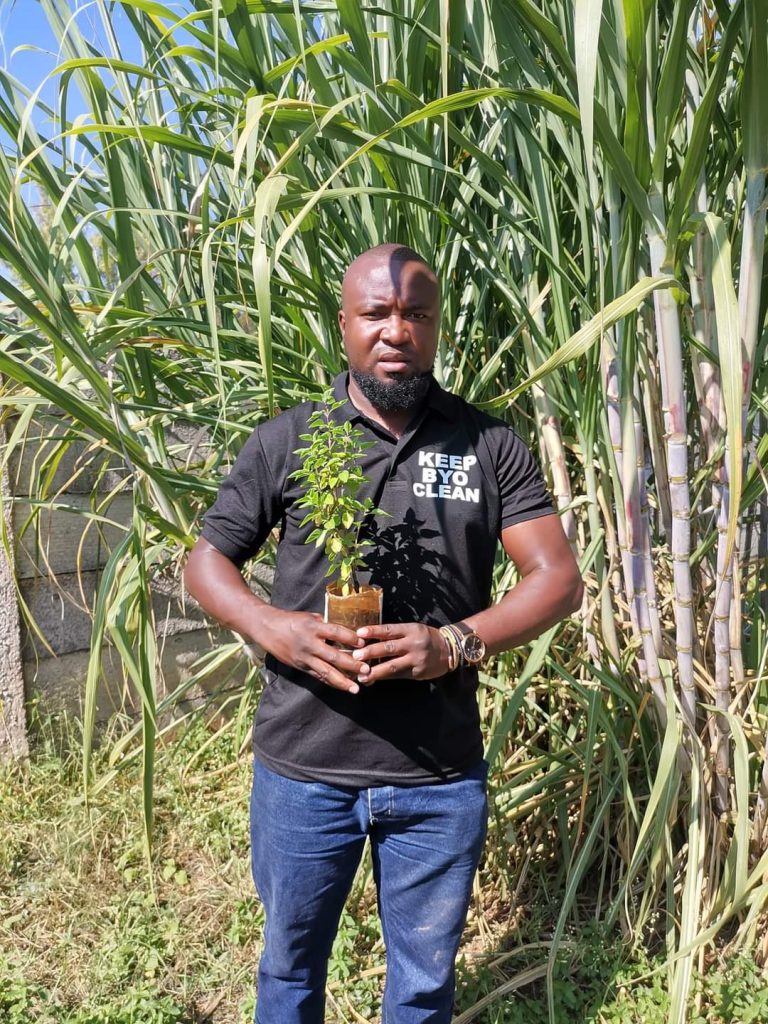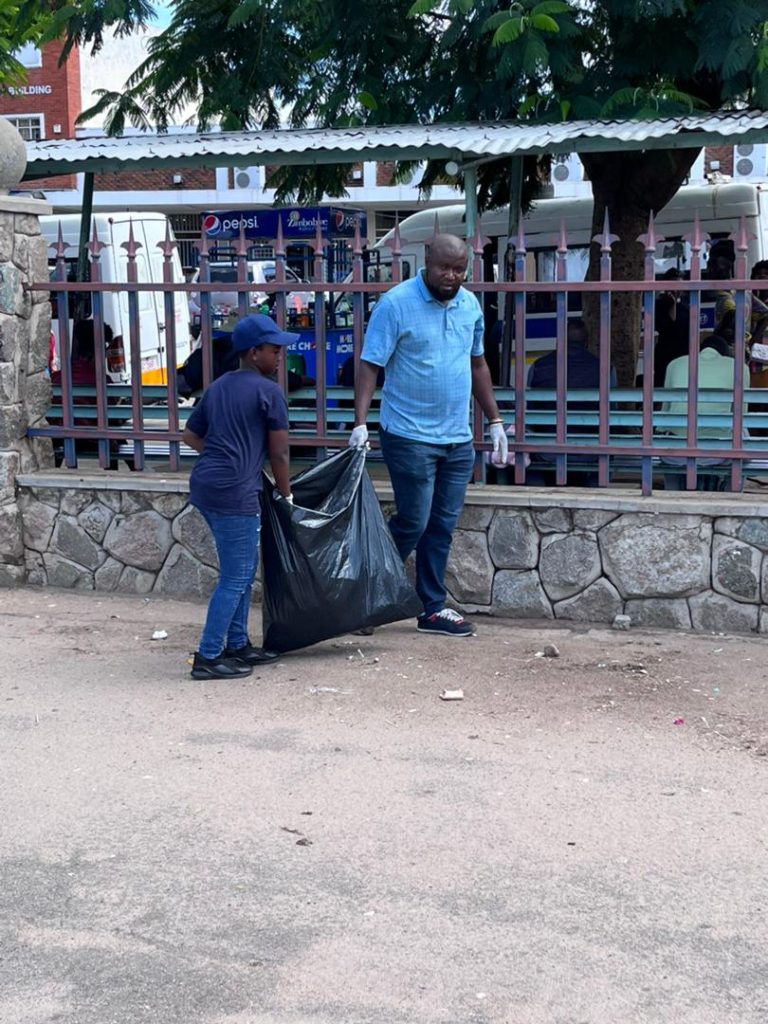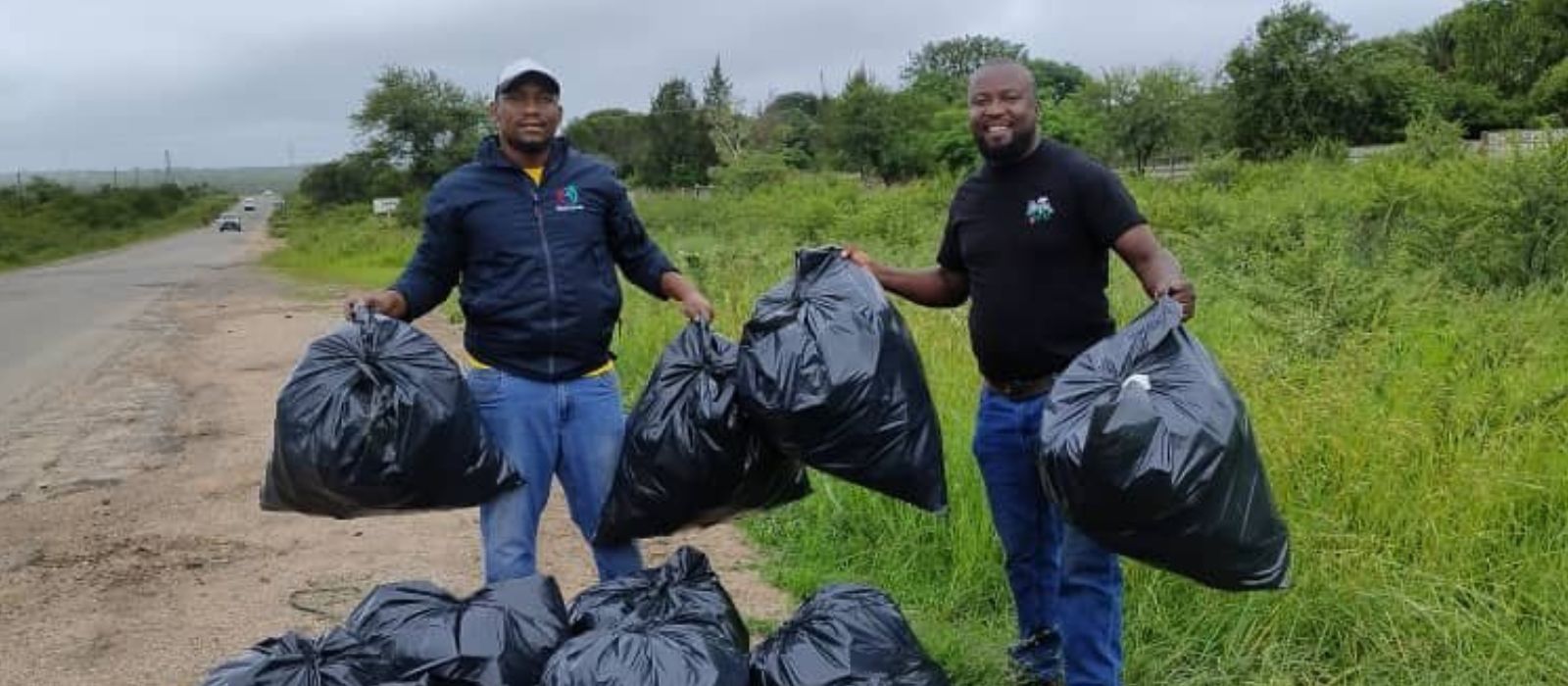
For over five years, Tonderai Shoko, aged 40, has been a familiar sight on the streets of Bulawayo, Zimbabwe’s second-largest city. Armed with gloves, bags, and a litter picker, he embarks on his daily mission to maintain cleanliness in his community.
Each morning marks another chapter in Shoko’s dedicated efforts, as he tirelessly collects litter week in and week out, seldom taking breaks except for urgent matters. Despite the challenges, he remains steadfast, often going five days without respite.
Accompanied by a rotating cast of volunteers, Shoko’s commitment to cleanliness is unwavering. Whether working alone or with a crowd, he is the driving force behind the city’s clean-up efforts, funding supplies out of his own pocket and even extending his reach to neighboring countries like South Africa.
Documenting his endeavors through social media, Shoko’s clean-up campaign has gained widespread attention, inspiring others to join the cause. With hashtags like #KeepBulawayoClean, he raises awareness and mobilizes support for his mission.
However, critics argue that public clean-ups merely scratch the surface of a deeper issue: changing people’s attitudes towards littering. Shoko acknowledges this challenge but remains optimistic that education and community engagement will eventually lead to lasting change.
Driven by nostalgia for Bulawayo’s cleaner past, Shoko’s initiative is a testament to the power of individual action in preserving the environment for future generations. Despite setbacks and shifting government priorities, he remains resolute in his commitment to creating a cleaner, greener city.
As he continues his daily rounds, Shoko’s message is clear: every individual has the power to make a difference. By being the change they wish to see, they can contribute to a cleaner, healthier environment for all.
